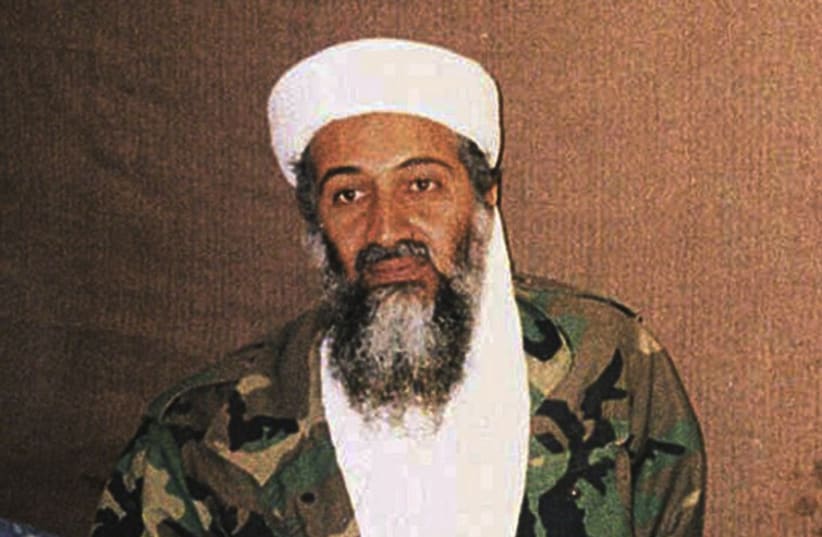Bin Laden letters reveal devotion to family, killing Americans, English-language literature
US government releases newly-translated documents gathered during 2011 raid on Osama bin Laden's Pakistani compound, giving the public insight into the al-Qaida leader's interests, routine.
